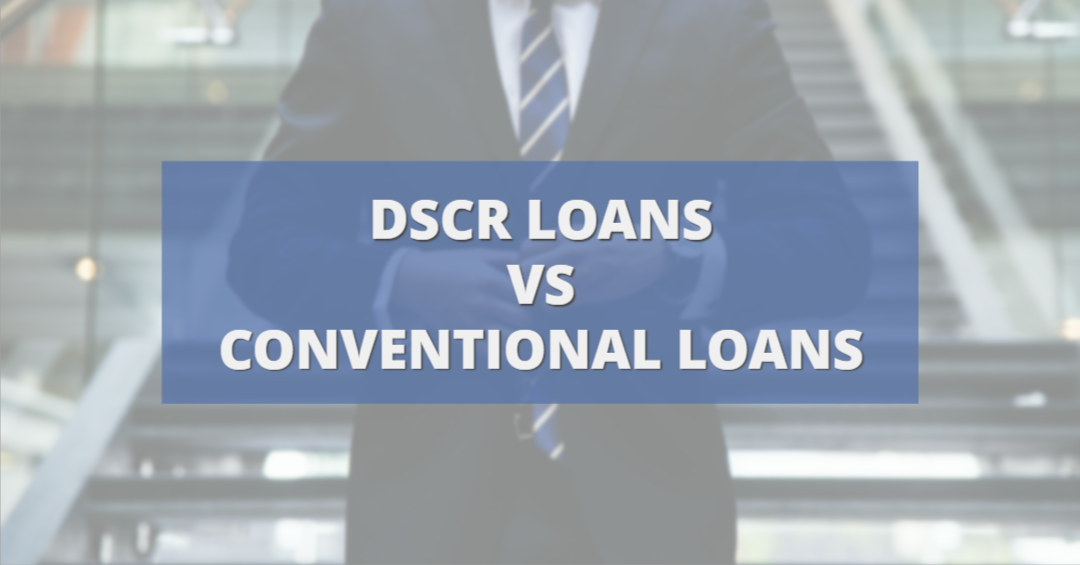5 key differences between a DSCR loan vs a conventional loan.
Conventional loans have a uniform underwriting process – which is usually long, detailed, and requires a lot of paperwork. DSCR loans, on the other hand, can be simpler. They’re more relaxed on income requirements, and they generally care more about the property itself than you as a borrower.
But what are some other differences between these two loan types? Let’s look at 5 ways a DSCR loan differs from a conventional loan.
1. Loan Limit
DSCR loans are great if you’ve maxed out the amount of conventional loans you can get. Conventional loans have a limit of 10 per person. Once you’ve reached that limit, you need to start looking for alternative options (like DSCR loans).
2. Credit Score
With most conventional loans in this economy, you’ll have a hard time getting any loans if your credit score is lower than 660.
With DSCR loans, the higher your credit score, the better. However, even people with lower credit scores (660 and below) have options with DSCR.
Keep in mind, a lower credit score means a more expensive loan. A more expensive loan will lower your cash flow. Lower cash flow might disqualify you for the loan.
For example, instead of a 7.5% interest rate, a poor credit score could only get you a 9.5%. A 9.5% interest rate might raise your monthly payment by $250. An extra $250 per month might put your debt ratio at 1 or below.
3. Holding a Property with a DSCR Loan vs Conventional
This is another area where DSCR loans differ from conventional loans: DSCRs come with prepayment penalties. This means if you pay them off before 3 or 5 years (whatever period is decided by the lender), then you get charged a hefty fee.
DSCR loans are best for people who want to hold the property, and not refinance or sell within the prepay period. Conventional loans have no restrictions on when you pay them off.
4. Property Condition
DSCR loans aren’t good for fix and flip properties. A DSCR property should need no work – it should be turnkey, totally ready. This means you should use a DSCR loan on either rental-ready purchases or a refinance on a completely renovated BRRRR-style rental.
Conventional loans are much the same. Your ability to use a traditional loan on a value-add property is restricted by the purchase price, fix-up price, and more.
5. Interest-Only Options
Lastly, DSCR loans are good for someone looking for interest-only payments. Banks and conventional loans don’t offer interest-only options. Doing interest-only improves your cash flow, giving you 5-10 years where you don’t have to pay any principal.
More on DSCR Loan vs Conventional Loan
Read the full article here.


